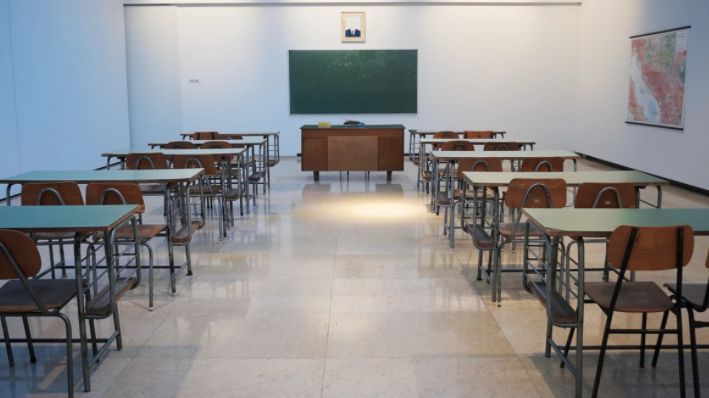
Following the lockdown, schools across the nation are set to welcome back pupils to a very different environment than the one they left. Now, all educational facilities must factor in social distancing measures and adhere to COVID-19 regulations to ensure the safety of both staff and students alike.
This consists of plenty of careful planning, cleaning and disinfecting all areas of schools and other educational campuses thoroughly. To help you stay ahead of the curve and safeguard your surroundings against Coronavirus, the BioClad team have put together some key considerations concerning hygiene in schools.
COVID-19 and many other viruses are transmitted through the hands, objects and surfaces, and so cleaning and disinfecting can greatly reduce or kill the virus.
Viruses are spread from person to person, but they can also survive on the surfaces and objects that staff and pupils come into contact with every day before touching their mouth, nose or eyes. Thorough and regular cleaning and disinfection are therefore vitally important when it comes to hygiene in schools.
Determine who will be in charge of cleaning and disinfecting, where the key areas are and also how often they need to be cleaned. The best way to take care of this is with a clear rota that’s placed in a high-traffic area to remind both staff and pupils.
We’ve dissected these key considerations so that you’re able to properly address your school hygiene checks.
It’s recommended that you get a solid plan in place with your staff. This should also include thorough training on cleaning and disinfecting procedures so that they’re been used safely and appropriately, as well as the correct PPE (Personal Protective Equipment) in place to safeguard them from potentially harmful substances.
An easy-to-understand and increased cleaning schedule must be implemented and strictly followed; we suggest modifying the cleaning schedule that’s already in place to include high-traffic and frequently touched areas such as counters, cupboards, doorknobs, drawers, light switches and sinks.
Schools are an environment in which plenty of items are shared; from calculators and coloured pens to school books and sports equipment, keeping expenses low means sharing supplies.
With this said, educational facilities should aim to limit the use of shared objects, and in the case of sharing, ensure that equipment is properly disinfected after use. Schools should aim to make sure that there’s an adequate supply of more inexpensive equipment such as pens, pencils and scissors to eliminate the need for sharing.
One of the best and most effective means of ensuring hygiene in schools is with the addition of hygienic wall cladding. Unlike the likes of tiles and brick, PVC wall cladding does not harbour bacteria, making it incredibly difficult for viruses to survive on their surface.
What’s more, with hygienic wall cladding, you’re able to wipe clean all surfaces and they’re resistant to strong chemicals, ideal for when disinfecting classrooms and corridors.
It’s key that you adhere to social distancing guidelines, something which can be tough with groups of enthusiastic children. Though you still need to cater to the child’s emotional and educational needs, physical distancing and reduced interaction should be practised wherever possible.
We’ve all most likely seen the government guidelines on handwashing, but in case you’re not familiar, here they are:
It’s recommended that children should avoid using hand sanitiser when soap and water are readily available, however, if you do need to use hand sanitiser, select one with at least 60% alcohol to effectively kill bacteria.
Related Articles:
Order Free Samples
Order Free Samples